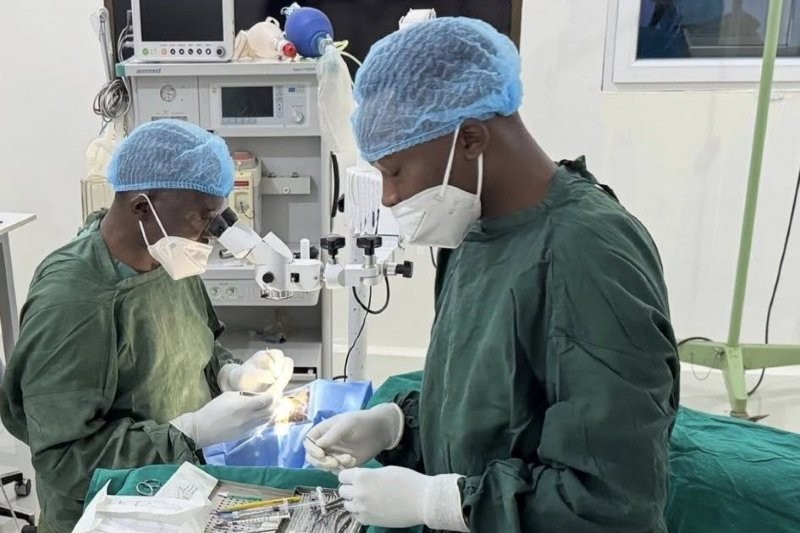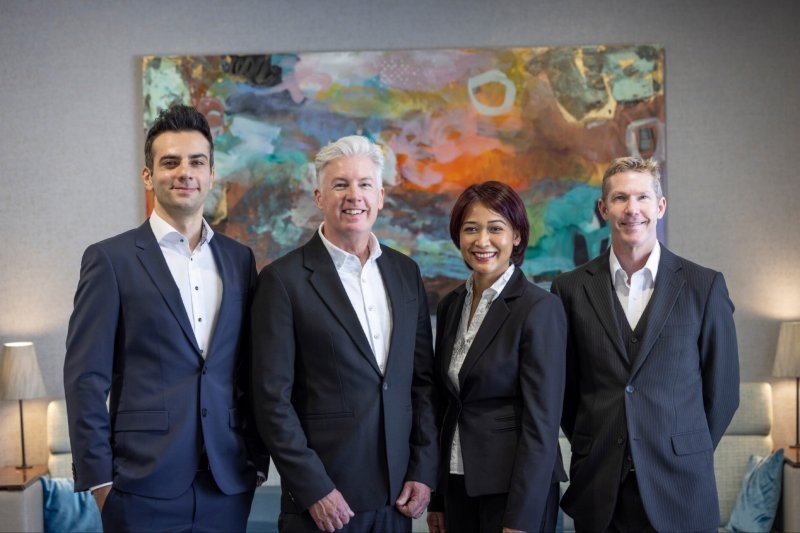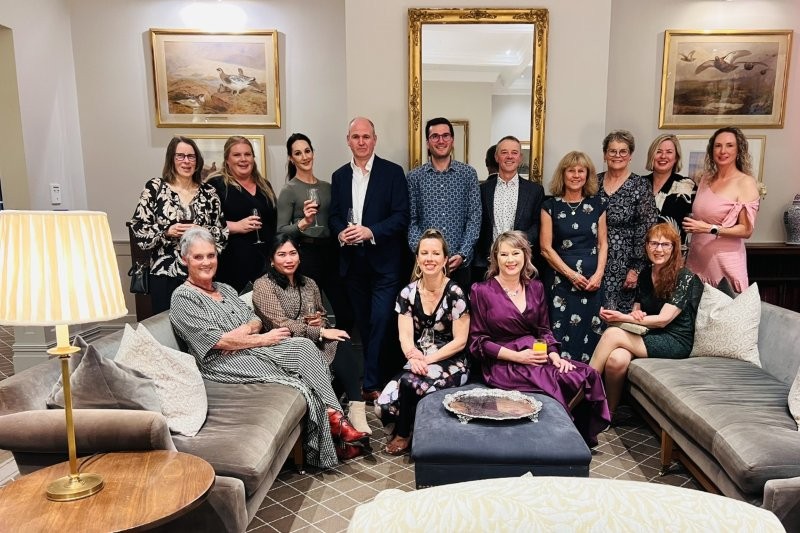Novel GA treatment trial launched in NZ
A phase 1/2 trial for a new gene therapy treatment for advanced age-related macular degeneration (AMD), employing a novel delivery method, has commenced in New Zealand.
The trial for Kriya-825, an adeno-associated virus-based gene therapy developed by US-based pharma company Kriya Therapeutics, is being run by New Zealand Clinical Research (NZCR), a specialist early-phase clinical research firm with patient-dosing units in Auckland and Christchurch and out-patient sites in Hamilton and Wellington. Recruitment is currently being led by four ophthalmologists, Drs Oliver Comyn and Jim Borthwick from Christchurch and Drs Sarah Welch and Narme Deva from Auckland.
“It's very exciting for New Zealand to be doing a trial where we're the first in the world to be delivering a new agent via a new route of delivery,” said Dr Comyn.
Kriya-825 is a potential one-time gene therapy for geographic atrophy (GA), the late progressive stage of AMD, delivered via a new proprietary suprachoroidal injector system developed by Israeli company Everads Therapy. Unlike the two current FDA-approved treatments for GA, Syfovre (pegcetacoplan) and Izervay (avacincaptad pegol), which are delivered via regular intravitreal injections, Kriya-825 only needs to be delivered once into the suprachoroid, minimising the patient burden, explained Dr Comyn.
“With GA, we’re really trying to prevent foveal involvement, so you could be talking about years of monthly intravitreal treatments. So the real advantage with this is (it can turn) the eye into a biological factory using a viral vector to transfect cells in the eye to produce the product encoded for by the gene on an ongoing basis.”
Similar to Syfovre and Izervay, Kriya-825 tackles the body’s complement system, part of our immune system where genetic mutations are known to play a key role in the development and progression of GA. Kriya-825 expresses a fusion protein designed to inhibit the activity of complements C3 and C5, with the objective of slowing GA lesion growth and vision loss, explained Kriya Therapeutics when it released its pre-clinical data results at the Association for Research in Vision and Ophthalmology’s (ARVO) annual meeting this year.
“We are excited about the tremendous potential of Kriya-825 for the treatment of geographic atrophy, a devastating and progressive disease in need of better treatment options,” said Dr Shankar Ramaswamy, co-founder and CEO of Kriya, at ARVO. “We are proud of the data that the team has generated to date and we look forward to continuing to share further updates as we advance Kriya-825 through clinical development.”
Drs Deva and Borthwick said they were also happy to be involved in such a novel study that offers a potential treatment to GA patients in New Zealand. “There is so little out there for atrophic macula degeneration so it's important that we keep exploring different treatment avenues," said Dr Deva.
The Everads injector allows “excellent” dispersal of the drug into the posterior suprachoroidal space, said Dr Borthwick. “I am sure this technique will be the way of the future in delivering various drugs to the back of the eye.”
Dr Welch said she was excited about the trial’s possibilities and the potential for the new delivery system and a new, “truly effective” treatment for GA. “New trials are always exciting, but I think we have to remember that it takes multiple drug trials to get one drug to market, so I am always cautious until we start to see the results.”
New Zealand was selected for the trial because of NZCR’s experience in leading early-stage clinical trials and because it currently has no approved treatments for GA, said Dr Comyn. The first part of the trial will involve about half a dozen patients with foveal impairment who have already lost central vision, plus a similar number with no foveal involvement, to assess dosage efficacy. A larger second part will be held next year involving about 50 patients, which will probably include trial sites in Australia, he said.
All referrals are welcome to any of the trial ophthalmologists, Dr Comyn said. “It's incredibly early days, but it is exciting.”
























